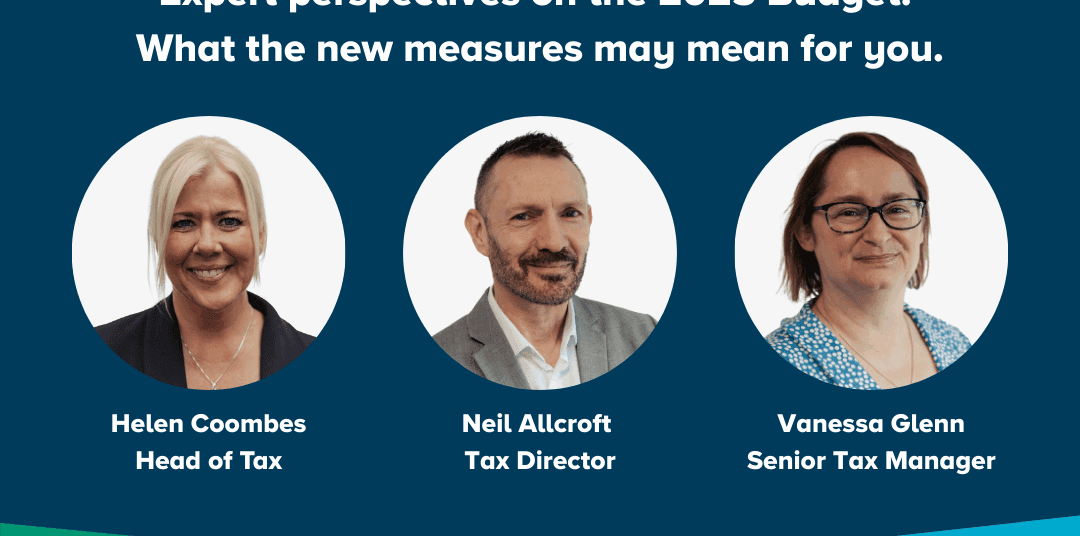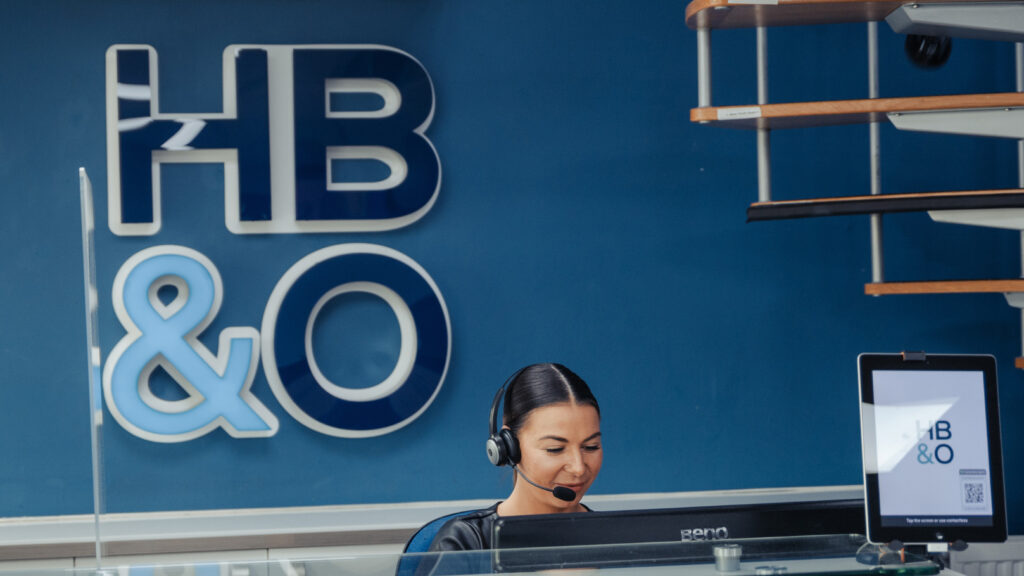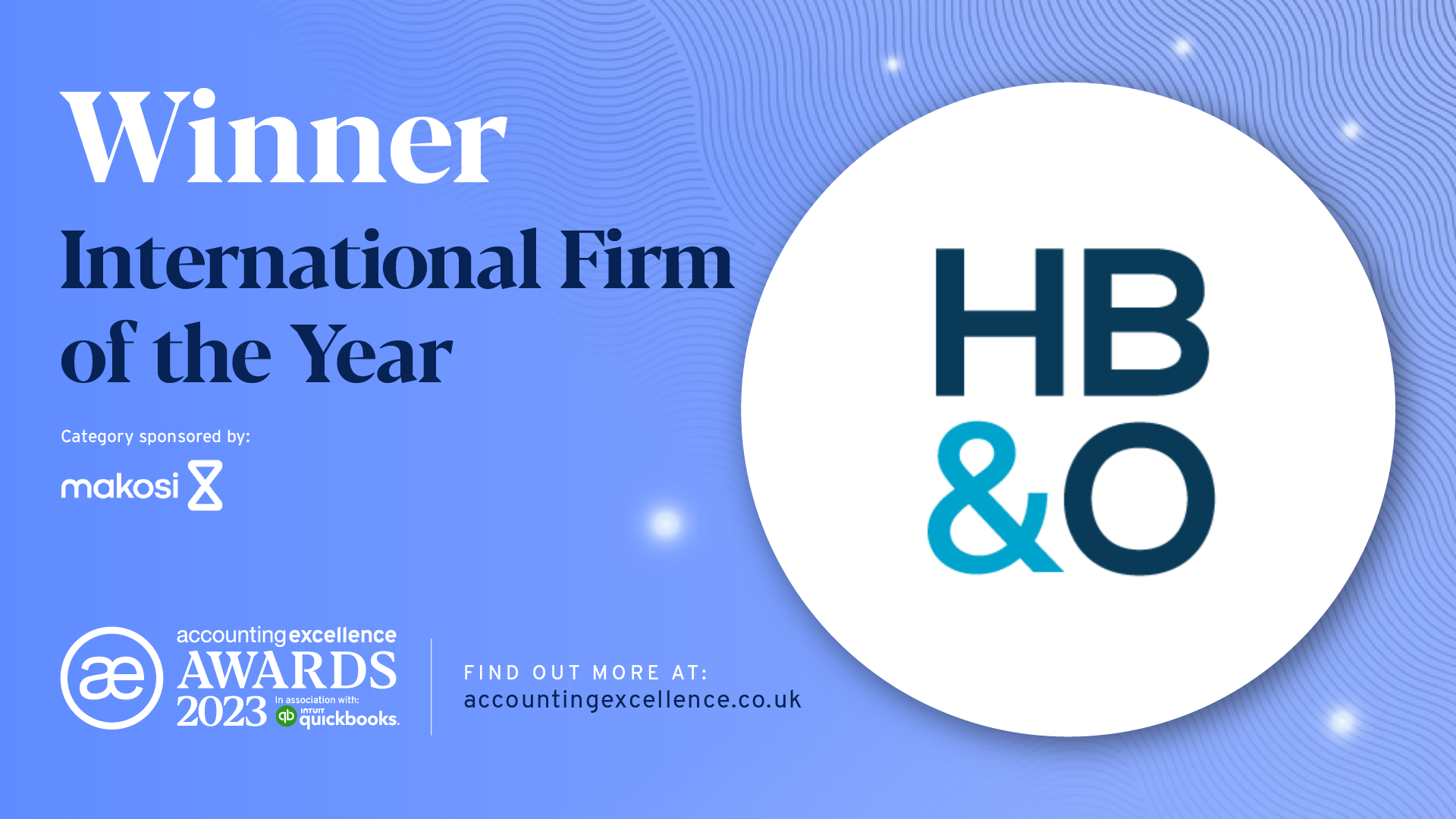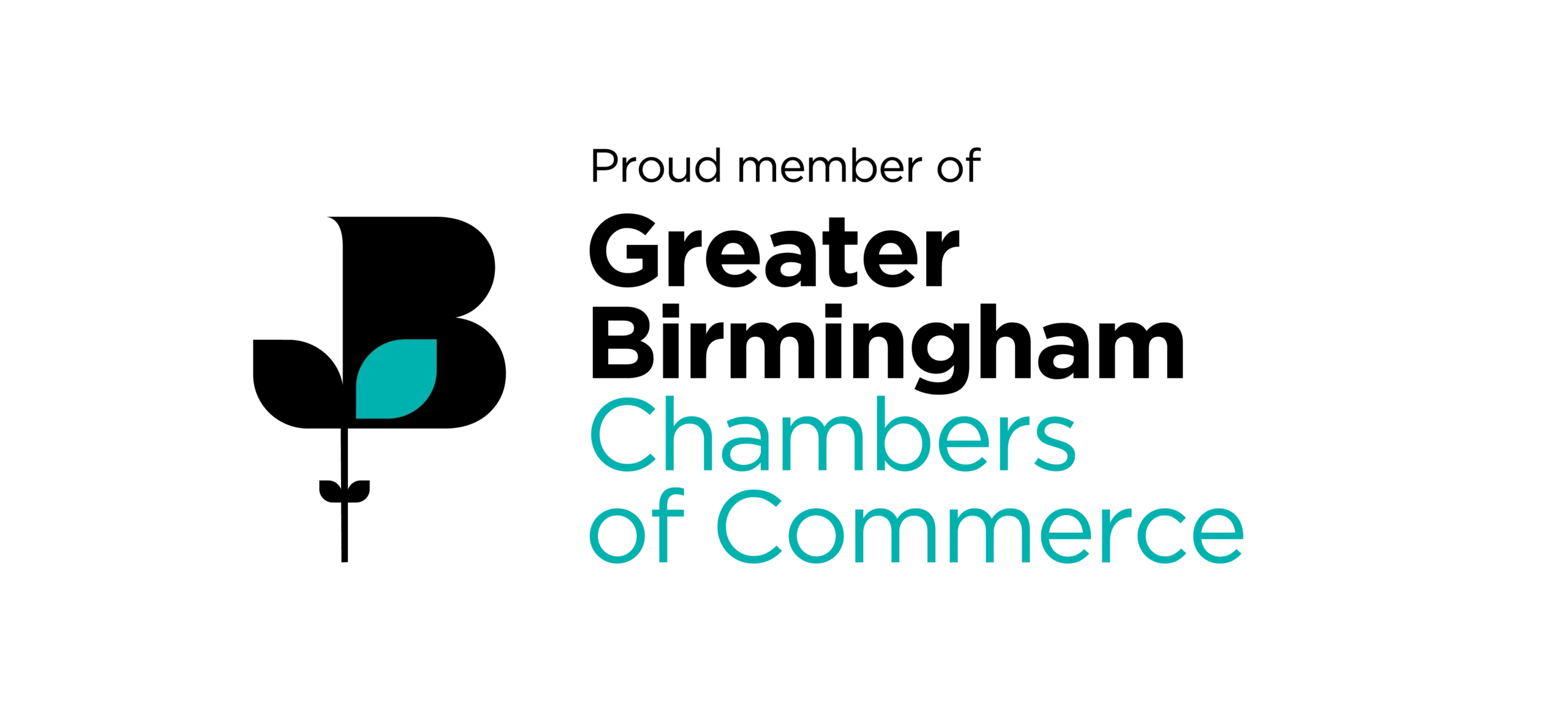The term “side hustle” is commonly used to describe any part-time endeavour with the intention to generate additional income alongside your main job, and these activities can be carried out on a large variety of marketplaces including Etsy, Airbnb, Depop, and many more.
What are the recent developments regarding side hustles?
This is not a new tax.
Put simply, new reporting rules have been introduced from 1 January 2024, whereby online marketplaces are now obliged to collect and report seller details and earnings directly to HMRC. Information relating to the first reporting period of 1 January 2024 to 31 December 2024, must be reported by 31 January 2025.
As a seller on these platforms, you’ll receive a summary of this information. This data can assist you in reviewing your income and associated expenses from these platforms, and help you determine your tax obligations.
When are taxes owed for selling goods and services online?
In instances where you’re selling personal items you no longer need, like items from your attic or garage, you probably won’t owe any tax. However, if you’re buying goods to resell online or making items intending to sell them for a profit, you’re likely to be considered ‘trading’ and may need to pay income tax on your profits.
The general rule about paying tax on side hustles is that if your income (before expenses) from online trading or services is below £1,000 in a tax year, you’re not obliged to inform HMRC or pay tax on any profits by virtue of the tax-free trading allowance.
If you would like to find out whether you need to inform HMRC about your additional income, click here to use HMRC’s online tool.
What are the procedures for reporting income to HMRC?
Once your side hustle income (before expenses) surpasses the £1,000 threshold, you will need to report this income to HMRC and it may be subject to income tax, contingent on your allowable expenditure and/or total taxable income from other sources.
Most individuals reporting their taxable income to HMRC typically opt for “sole trader” status. To establish yourself as a sole trader, you will need to register for Self-Assessment through GOV.UK.
If you have income to disclose for the 2023/24 tax year, you must register for Self-Assessment by 5 October 2024.
You’ll then be required to report your income and expenses (or claim the tax-free trading allowance instead) to HMRC by including in your Self-Assessment return. The deadline for filing each year is midnight on 31 October (paper returns) or 31 January (electronic returns) following the end of the relevant tax year. Failure to complete and file a return, or pay tax owing, on time, will result in interest and penalties.
Can I claim tax back on my side hustle?
If your side hustle is considered to be a trade and you make a loss, even if your income is less than £1,000, you may want to register for Self-Assessment so that you can claim that loss. If you claim the tax-free trading allowance instead of actual expenditure incurred, this cannot create a loss. You may be able to offset trading losses against other income, and benefit from tax allowances or reliefs for small businesses, so keeping accurate records of your income and expenses is essential.
How we can help you
It’s essential to carry out sufficient tax planning to minimise your tax liability while ensuring that you stay within the realm of current tax laws. Our specialist tax team can help you navigate the complexities of tax on side hustles and identify opportunities for savings.
Email: [email protected]
Phone: 01926 422292














